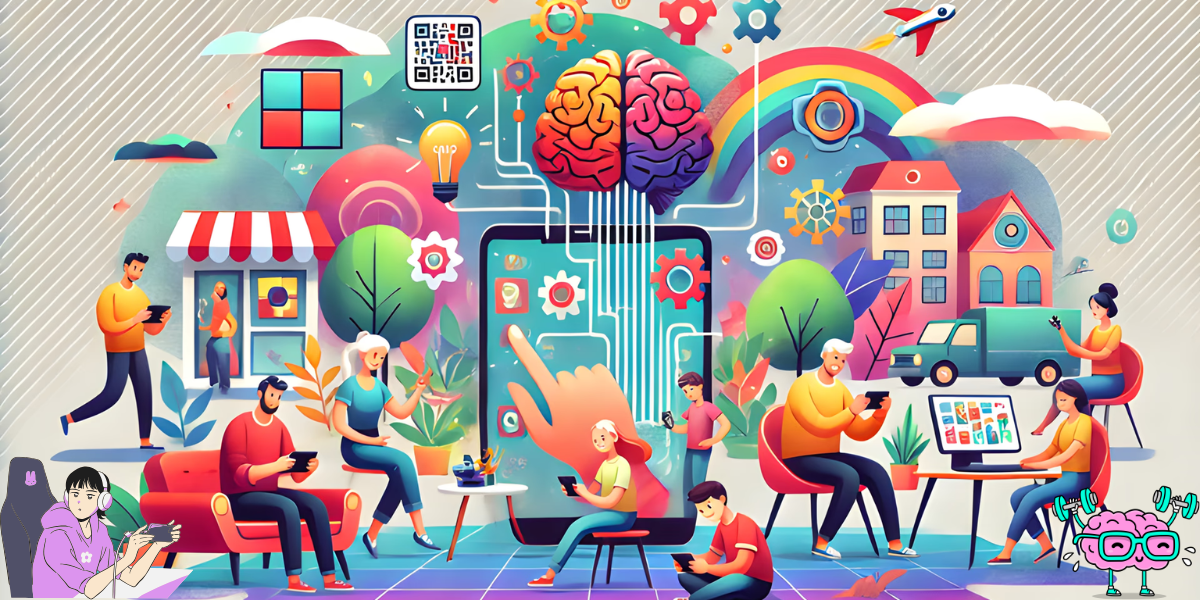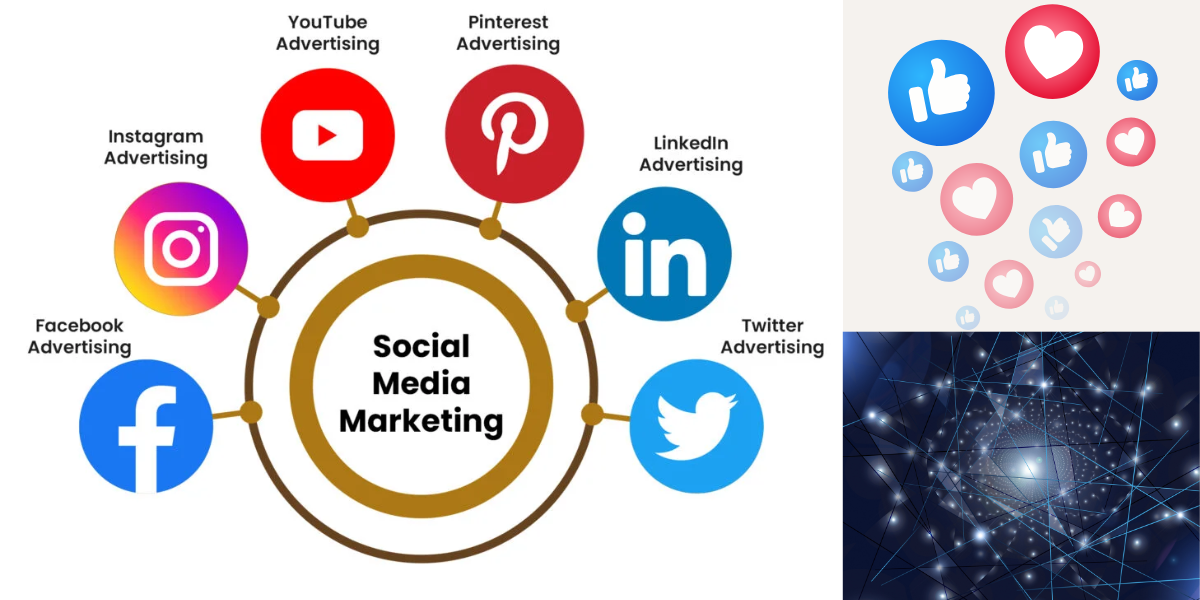In a world where screen time is often blamed for distraction and mental fatigue, mobile games are flipping the narrative. Not all games are mindless entertainment—some are powerful tools for cognitive development, memory enhancement, and mental agility. Whether you’re commuting, taking a break, or winding down before bed, brain-training games offer a fun and effective way to sharpen your mind. Here are the top 5 mobile games that combine entertainment with mental fitness.
1. Lumosity: The Gold Standard in Brain Training
Lumosity has long been a household name in the brain-training space. Developed by neuroscientists, this app offers a suite of games designed to improve memory, attention, flexibility, speed of processing, and problem-solving skills. What sets Lumosity apart is its adaptive learning algorithm—it tailors challenges based on your performance, ensuring you’re always working at the edge of your ability.
Each session includes a mix of games, such as “Speed Match” for quick decision-making and “Train of Thought” for multitasking. The app also provides detailed performance metrics, allowing users to track progress over time and compare scores with others in their age group. Lumosity’s sleek interface and scientific credibility make it a top pick for serious brain training.
2. Peak: Gamified Mental Workouts with a Competitive Edge
Peak is another powerhouse in the brain-training genre, offering over 40 games that target different cognitive domains. From memory and attention to language and emotional control, Peak’s games are designed to challenge and engage. The app’s standout feature is its “Coach”—a virtual guide that recommends daily workouts based on your goals and performance.
Games like “Word Fresh” and “Must Sort” are not only fun but also scientifically backed to improve mental agility. Peak also includes a “Pro” version with advanced analytics and personalized training plans. Its competitive leaderboard and achievement badges add a gamified layer that keeps users motivated and coming back for more.
3. Elevate: Sharpen Your Communication and Analytical Skills
Elevate takes a slightly different approach by focusing on practical cognitive skills like reading comprehension, writing clarity, and math proficiency. With over 35 games, Elevate helps users improve their ability to process information, articulate thoughts, and perform quick calculations—skills that are invaluable in both personal and professional settings.
Games like “Processing” and “Concision” challenge users to read and summarize content efficiently, while “Math” and “Division” improve numerical fluency. Elevate’s minimalist design and daily performance tracking make it ideal for users who want a clean, focused experience. It’s especially popular among students, writers, and professionals looking to boost productivity and communication.
4. Brainwell: A Holistic Approach to Mental Fitness
Brainwell offers a comprehensive brain-training experience suitable for all age groups. With over 50 games, the app targets memory, attention, language, and reasoning. What makes Brainwell unique is its emphasis on holistic mental wellness—it includes mindfulness exercises and stress-reduction techniques alongside cognitive games.
Games like “Memory Matrix” and “Focus Match” are designed to improve short-term memory and concentration. Brainwell also offers personalized training plans and progress reports, making it easy to track improvements. Its user-friendly interface and inclusive design make it a great option for families, educators, and older adults seeking mental stimulation.
5. CogniFit: Neuroscience Meets Gamification
CogniFit is a brain-training app rooted in neuroscience, offering games that assess and improve over 20 cognitive skills. What sets CogniFit apart is its initial cognitive assessment, which helps tailor a personalized training regimen. The app is used by healthcare professionals and educators, making it one of the most scientifically rigorous options available.
Games like “Neuron Madness” and “Code Breaker” challenge users to think critically and adapt quickly. CogniFit also includes features for tracking cognitive decline and improvement, making it ideal for users concerned about aging or recovering from brain injuries. Its integration with professional tools and research-backed design makes it a standout choice for serious cognitive development.
Why Brain Training Matters: The Science Behind the Fun
Brain-training games aren’t just fun—they’re backed by science. Studies show that regular cognitive stimulation can improve neuroplasticity, delay age-related decline, and enhance everyday functioning. These games activate different parts of the brain, encouraging the formation of new neural pathways and strengthening existing ones.
Whether you’re trying to improve memory for exams, stay sharp at work, or simply enjoy a mental challenge, brain-training apps offer a convenient and effective solution. The key is consistency—just like physical exercise, mental workouts yield the best results when practiced regularly.
Choosing the Right App: What to Look For
Topic: Features That Make a Brain-Training App Effective
When selecting a brain-training app, consider the following features:
- Scientific Credibility: Look for apps developed with input from neuroscientists or backed by research.
- Game Variety: A diverse set of games ensures balanced cognitive development.
- Personalization: Adaptive learning keeps challenges relevant and engaging.
- Progress Tracking: Metrics and reports help monitor improvement.
- User Experience: A clean, intuitive interface enhances usability.
Each of the apps listed above excels in these areas, but your choice should depend on your goals—whether it’s improving focus, boosting memory, or enhancing language skills.
Brain Training for Different Age Groups
Brain-training apps aren’t one-size-fits-all. Here’s how different age groups can benefit:
- Students: Apps like Elevate and Peak help improve reading comprehension, math skills, and focus—ideal for academic success.
- Professionals: Lumosity and CogniFit offer tools to enhance decision-making, multitasking, and problem-solving.
- Seniors: Brainwell provides gentle cognitive stimulation to maintain mental agility and prevent decline.
- Families: Many apps offer multi-user profiles, making it easy for parents and kids to train together.
By choosing age-appropriate games, users can maximize the benefits and enjoy a more personalized experience.
Integrating Brain Training into Your Daily Routine
Consistency is key to cognitive improvement. Here are some tips to make brain training a daily habit:
- Set a Schedule: Dedicate 10–15 minutes each day to brain games.
- Pair with Breaks: Use games as a mental refresh during work or study breaks.
- Track Progress: Monitor your scores to stay motivated.
- Mix It Up: Rotate between different apps to keep things fresh.
- Challenge Friends: Compete with others to add a social element.
By integrating brain training into your lifestyle, you’ll not only improve mental performance but also enjoy a sense of accomplishment and growth.
Final Thoughts:
In a digital age filled with distractions, brain-training apps offer a rare blend of entertainment and enrichment. They empower users to take control of their cognitive health, improve everyday functioning, and even delay age-related decline. Whether you’re a student, professional, or retiree, these games provide a fun and effective way to stay mentally fit.




One thought on “Top 5 Mobile Games for Brain Training”